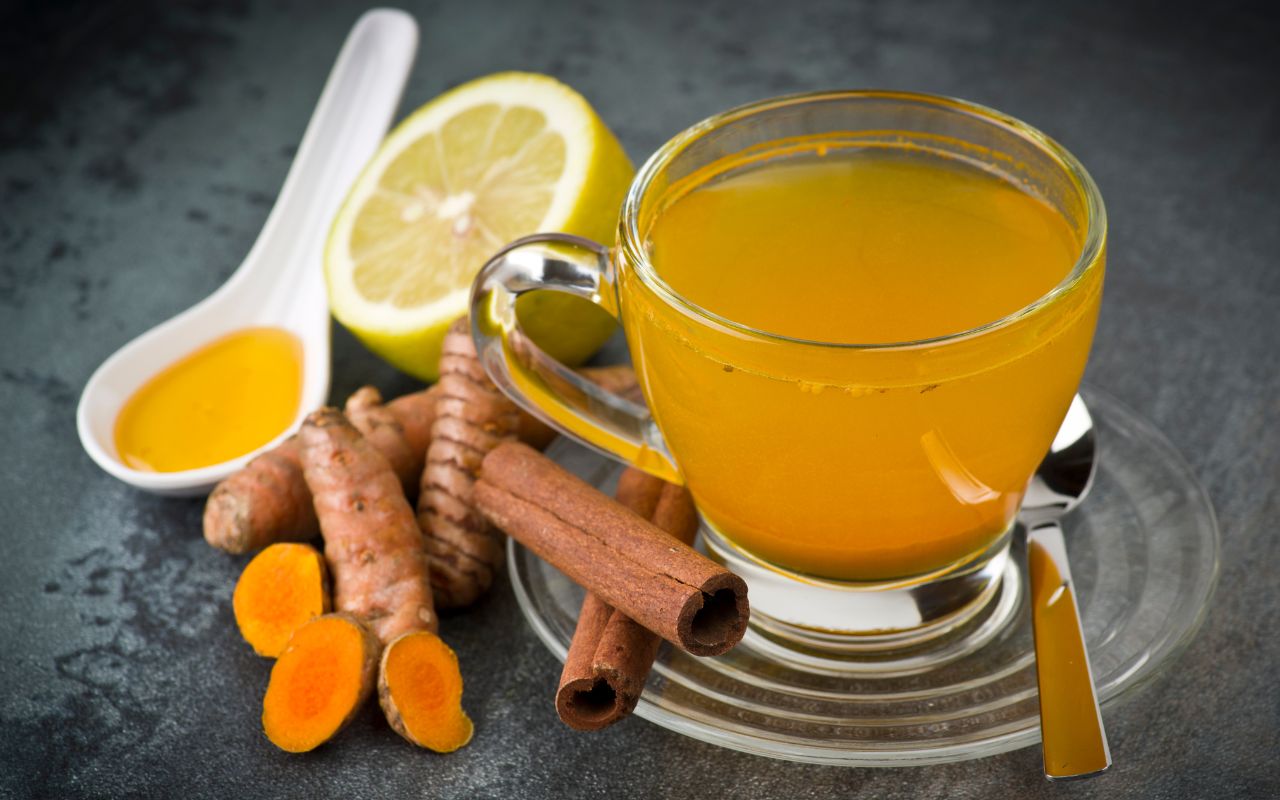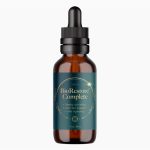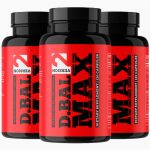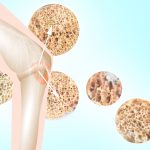Turmeric, a vibrant yellow-orange spice commonly used in Indian and Southeast Asian cuisine, has been revered for centuries for its unique flavor and color and its potential health benefits. As modern science delves deeper into the properties of this ancient spice, the possibilities seem expansive, particularly in the realm of health and wellness. These possibilities have led to its skyrocketing popularity in dietary supplements and alternative medicine.
The primary compound of interest in turmeric is curcumin, which is believed to wield powerful anti-inflammatory and antioxidant properties. This article explores turmeric's extensive potential benefits, particularly its role in cancer treatment and prevention, its anti-inflammatory effects, and its overall impact on health.
Curcumin's Role in Cancer Treatment and Prevention
The interest in curcumin as a possible cancer treatment arises from its ability to act on multiple biological pathways involved in cancer development and progression. Laboratory and animal studies have shown that curcumin can influence cancer at various stages, from initiation and progression to metastasis. The mechanism involves curcumin’s ability to modulate signaling pathways such as nuclear factor-kappa B (NF-κB) and tumor suppressor genes.
In 2013, a study published in PLOS ONE revealed that when combined with chemotherapy, curcumin could potentially enhance the efficacy of the treatment against colorectal cancer cells by inhibiting specific protein kinases. This dual approach might improve the effectiveness of chemotherapy and reduce its side effects by allowing for lower doses of the chemotherapy drugs to be used.
Furthermore, curcumin’s antioxidant properties are of particular interest in cancer prevention. By neutralizing free radicals and reducing oxidative stress, curcumin may help prevent the genetic mutations that can lead to cancer. While these findings are promising, it is essential to note that most of the evidence comes from laboratory and animal studies. Clinical trials in humans are necessary to determine curcumin's true efficacy and safety as a cancer treatment.
Despite the optimism, reputable health organizations urge caution. Companies may market turmeric supplements as miracle cures without sufficient evidence. The Mayo Clinic highlights that while curcumin shows promise, more robust clinical trials are needed before it can be recommended as a standalone treatment for cancer.
Anti-Inflammatory Effects
Turmeric has long been used in traditional medicine systems like Ayurveda to treat various inflammatory conditions. Curcumin’s anti-inflammatory effects are primarily attributed to its ability to inhibit molecules that play a central role in inflammation, such as NF-κB. Chronic inflammation is linked to a multitude of diseases, including heart disease, diabetes, Alzheimer’s disease, and certain cancers.
Modern studies have supported these traditional uses. For instance, a study published in the Journal of Medicinal Food investigated a novel, highly bioavailable curcumin formulation and significantly improved symptoms and diagnostic indicators in rheumatoid arthritis patients. Another study reported in Medical News Today showed that curcumin alleviated inflammation and synovial hyperplasia in rats by targeting the mTOR pathway. These findings suggest curcumin could be an effective anti-inflammatory agent for chronic inflammatory diseases.
In addition to its potential benefits for rheumatoid arthritis, curcumin is being researched for its role in muscle rehabilitation and recovery, especially among athletes. Chronic use of nonsteroidal anti-inflammatory drugs (NSAIDs) can lead to undesirable side effects, making natural alternatives like curcumin increasingly attractive. Research in this area is still evolving, but initial results are promising, suggesting that curcumin can reduce muscle inflammation and accelerate recovery post-exercise.
Enhancing Bioavailability
One of the significant challenges with curcumin is its poor bioavailability, which means that the body does not easily absorb curcumin, and it is rapidly metabolized and eliminated. Various formulations have been developed to address this issue to enhance its absorption. These include piperine (a compound found in black pepper), liposomal curcumin (where curcumin is enclosed in liposomes), and curcumin nanoparticles.
Piperine, in particular, has been shown to increase the bioavailability of curcumin by 2,000%, making it a popular addition to many turmeric supplements. However, when considering such supplements, being informed and cautious about their source and composition is essential.
According to Cancer Research UK, while turmeric used in cooking is generally safe, high doses of curcumin supplements can cause gastrointestinal issues and skin problems. Furthermore, the safety of long-term use remains uncertain, especially in medical doses. They also warn against certain turmeric-based supplements like Fortodol, which contain harmful substances like nimesulide and can cause severe liver damage.
Turmeric in Everyday Health
Beyond its potential therapeutic uses, turmeric offers several benefits when incorporated into the daily diet. It has been traditionally used to aid digestion, improve liver function, and alleviate symptoms of various gastrointestinal disorders. The spice’s anti-inflammatory properties may also benefit people with conditions like irritable bowel syndrome (IBS) and inflammatory bowel disease (IBD).
A study highlighted by USA Today found that turmeric’s active component, curcumin, might be a potential treatment for numerous health conditions. However, experts like Denise Millstine, MD, emphasize the need for more research to confirm these benefits and to identify any possible side effects of long-term use.
Adding turmeric to your diet can be straightforward. It can be consumed in raw form, grated into dishes, or used as a powdered spice for cooking. Golden milk, a traditional Indian beverage made with milk and turmeric, has gained popularity as a health drink. Turmeric teas and lattes are also widely available and marketed as health-promoting beverages.
The Future of Turmeric Research
The scientific community continues to explore the potential of turmeric and curcumin, with numerous clinical trials underway. Researchers are particularly interested in curcumin’s multi-faceted role in influencing various biological pathways and its potential as an adjunctive treatment for cancer and chronic inflammatory diseases.
However, as with many natural supplements, the journey from laboratory findings to clinical recommendations is long and complex. The variability in turmeric and curcumin formulations, differences in study methodologies, and individual variations in response all contribute to the challenges of translating research into practice.
Indeed, caution is warranted. As noted by the Memorial Sloan Kettering Cancer Center, while early studies are encouraging, curcumin should not replace conventional treatments unless recommended by a healthcare provider. They stress that curcumin might interact with certain medications, including chemotherapy drugs, and emphasize the importance of consulting with a healthcare provider before starting any new supplement.
Conclusion
Exploring turmeric's health benefits, particularly its primary active compound, curcumin, reveals a spectrum of potential applications, from enhancing cancer treatment to reducing inflammation and promoting overall well-being. While traditional uses and early scientific research present a promising picture, it is crucial to approach these findings with a balanced perspective, recognizing the need for further research and the importance of medical guidance.
Integrating turmeric into a balanced diet can be a delicious and healthful way to enjoy some benefits. For those considering higher doses for therapeutic purposes, consultation with healthcare professionals is essential to navigate the complexities and ensure safety.
As research continues, turmeric’s potential as a natural remedy will undoubtedly become clearer, offering hope for new, complementary approaches to health and wellness. For now, enjoying turmeric in your meals remains a simple yet significant way to contribute to a healthy lifestyle.










